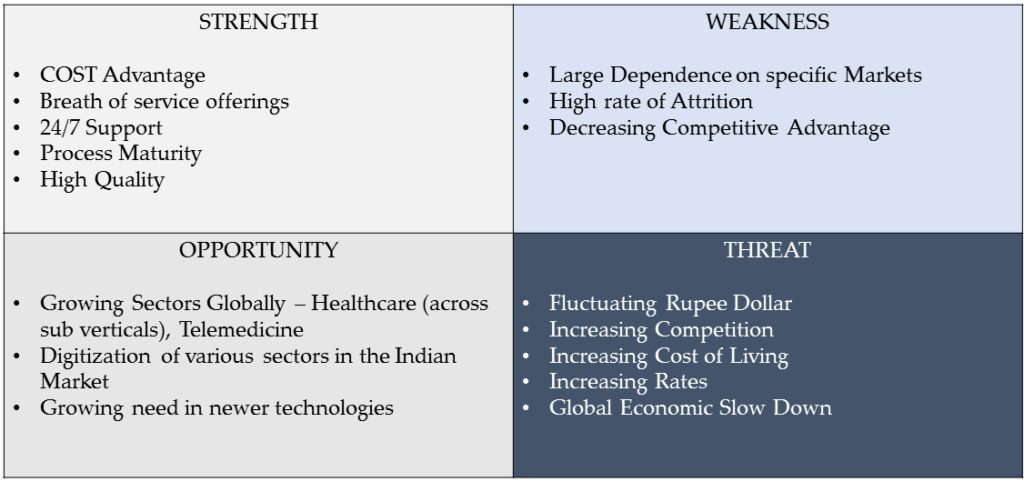
The year is 2002, a challenging time for Indian IT professionals, there seems to be a dearth of Jobs for freshers. Our Engineering Drawing profession a few years back (1998-99) used to tell us, if you join an IT firm the only thing you would be working on is the Y2K project. Let me throw some light on this, evidently the old software written captured the year as 2 digits, example 1991 was represented as 91, 1992 as 92 and so on. Do you see and problem in this? Till 31st Dec 1999 there wouldn’t be any problem but once the year 2000 came the date would get represented, well as ‘00’. Fun isn’t it 
By the end of my 3rd year, it was clear to me I would definitely like to work in an IT firm, and most of the firms which came for recruitment were also IT companies (Patni, TCS, Mastek and many other companies). The world economy was going through a turmoil especially after 9/11 and though companies were visiting campus they were far and few. I had a decent percentage and was able to sit for all the aptitude tests but was never able to clear any of them. Finally, sometime in July-Aug 2002, Syntel came to Campus and what do you know, I cleared the Aptitude test. Luckily, I even cleared the Interview and started my Corporate Journey from 7th October 2002. Over the years there have been many ups and downs, be it in 2008-2009, 2014-15 or any other challenge or problem. Overall, we still see a lot of freshers being hired (engineering graduates) each year (though there are some ups and downs) by various organizations and the Indian IT is still growing and possibly expected to grow further. As per a Mckinsey Report of 2021, the Indian IT industry is expected to touch $300-350 billion in the coming five years. While pursuing my MBA, we used to analyze data using something called as SWOT Analysis (Strength-Weakness-Opportunity-Threat).

I won’t bore you with many details trying to explain the economics, but the one point (THREAT) which I would definitely like to discuss is the increasing Cost of Living and thereby the Increasing Rates/Cost of offshoring. As mentioned earlier I started my IT journey in 2002 when the inflation (Reference) was around 4% while in 2021 it is nearing 8%. Accordingly, the starting salary of an IT professional in 2002 is lesser (probably 2-4 times less) than that of a professional in 2020/21. Now, here is the catch, everyone talks about the starting salary and you will find a lot of statistics around the same as well; but the point is what happens over 10, 15 or 20 years of being in IT. A group of people which in IT Parlance can be called Jumpers, switch a lot of Jobs in a short span of time and work towards growing Financially. Another group of people you can call Stabilizers, stick to one organization for 10 to 15 years or more and grow Vertically in the organization. Technically speaking, as you grow in an Organization the direct Return on Investment the company gets from you keeps on reducing, because everyone has some aspiration which also increases with experience.

“The Goal” by Eliyahu Goldratt, a book which I read during my MBA, answers one important question “What is the Goal of a Company?” Whatever be the Vision, Mission of a company, the Goal of any company (unless it’s Non-Profit) is to make Money. You notice how in Sports; the career length of a Sportsperson is mostly 15-20 years (not considering the exceptions). After the career ends, a sportsperson diversifies their work into commentary, coaching or a completely different profession altogether. After being in the IT Industry for nearly 20 years, something similar could happen in the IT Industry as well; might not happen tomorrow but surely could happen in the next few years. The Career length of an IT Professional could definitely become 15 to say 20/25 years because not everyone will become a CXO or a VP or a Manager for that matter but the ROI with each year might reduce.
What Do You Think?

I do agree not everyone will grow up to be CXOs but unlike in Indian IT industry which is primarily a service Industry and ROI depends on difference of billing rate and cost of employee..
In western countries or in matter of high technology you have very highly experienced developers with tenure more than 35 years but their role is development , mentoring but unfortunately that is not the case here you are expected to be Delivery Lead , program managers often non billed (directly) contributing to billing and thus as company grows it imbalances the pyramid and impacting the profits . Specially the Services industry should be pushing towards Tier based billing to sustain the experience and specialized developers this would also able to manage ROI and sustainability..